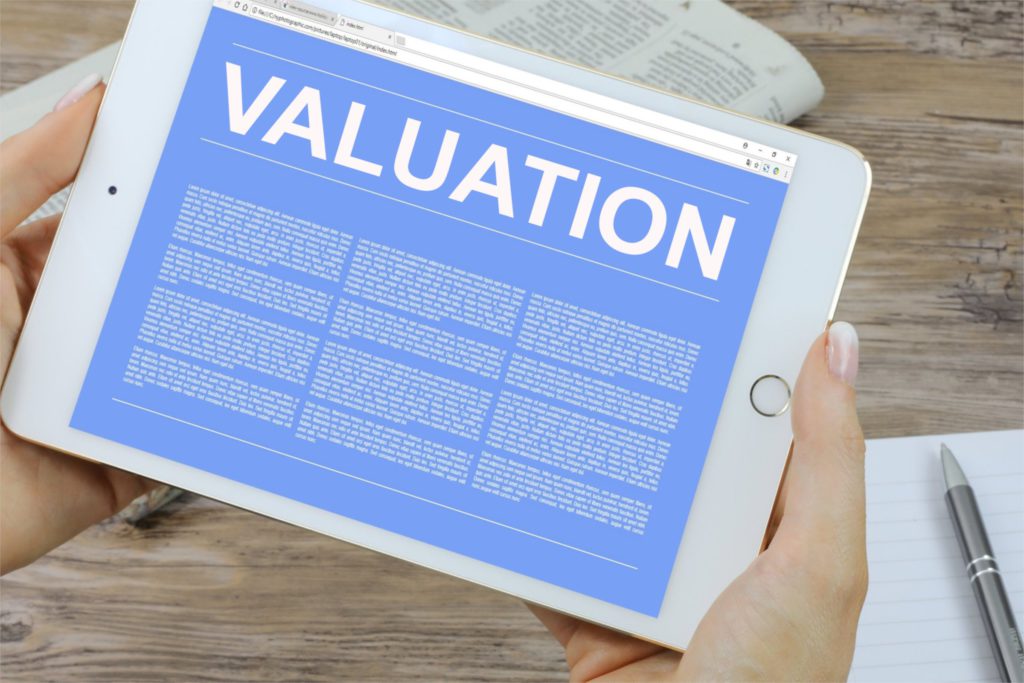As an entrepreneur, understanding the worth of your business is crucial for securing investments, selling your company, or planning for growth. One of the most critical aspects of determining this worth is having the right valuation documents. In this blog, we’ll break down what valuation documents are, why they matter, and how you can effectively use them to propel your business forward.
What Are Valuation Documents?
Valuation documents are comprehensive reports that assess the economic value of a business, asset, or company. These documents provide a detailed analysis of the business’s current and future financial performance, market position, and other factors that influence its worth.
The primary types include:
- Business Valuation Report: A complete assessment of your business’s worth, often used when seeking investors, selling your company, or during mergers and acquisitions.
- Asset Valuation Report: Focuses on the value of specific assets, such as intellectual property, real estate, or equipment.
- Equity Valuation Report: Evaluates the worth of a company’s equity, which is especially important when raising capital or issuing shares.
Why Are Valuation Documents Important?
Valuation documents serve multiple purposes for entrepreneurs:
- Securing Investments: Investors want to know the true value of your business before they commit capital. A well-prepared valuation document provides them with the confidence to invest.
- Business Sale: If you’re planning to sell your business, potential buyers will require a thorough valuation report to determine if the asking price is fair.
- Strategic Planning: Understanding your business’s value helps in making informed decisions about growth strategies, partnerships, and expansion.
- Tax and Legal Compliance: Valuation documents are often required for tax reporting and legal proceedings, ensuring that your business complies with regulations.
Key Components:
To create a compelling valuation document, it’s essential to include several critical components:
- Executive Summary: A brief overview of the valuation report, highlighting the key findings and conclusions.
- Business Overview: Detailed information about the company’s history, operations, market position, and financial performance.
- Valuation Methodology: A clear explanation of the methods used to determine the business’s value, such as discounted cash flow (DCF), comparable company analysis, or precedent transactions.
- Financial Analysis: In-depth analysis of the company’s financial statements, including income statements, balance sheets, and cash flow statements.
- Market Analysis: Assessment of the market environment, including industry trends, competition, and economic factors that may impact the business’s value.
- Conclusion and Recommendations: A summary of the valuation results, along with any recommendations for the business owner or potential investors.
How to Create Accurate Valuation Documents
Creating accurate valuation documents requires a combination of financial expertise, market knowledge, and attention to detail. Here are some tips to help you get started:
- Hire a Professional Valuator: While some entrepreneurs may choose to create valuation documents themselves, it’s often beneficial to hire a professional valuator. These experts bring an unbiased perspective and have the necessary skills to provide a thorough and accurate assessment.
- Use Reliable Data: Ensure that all financial data, market analysis, and other information included in the valuation document are accurate and up-to-date. Outdated or incorrect data can lead to inaccurate valuations.
- Understand the Valuation Methods: Familiarize yourself with the different valuation methods and select the one that best suits your business’s needs. This will help you understand the rationale behind the final valuation figures.
- Review and Revise: Valuation documents should be regularly updated to reflect changes in the business’s financial performance, market conditions, or strategic direction. Regular reviews ensure that the document remains relevant and accurate.
Conclusion
Valuation documents are not just for potential investors or buyers; they are a powerful tool for entrepreneurs to understand and grow their businesses. By providing a clear picture of your business’s value, these documents enable you to make informed decisions, attract investment, and plan for the future.
At The Entrepreneurs Collective, we believe that every entrepreneur should have a solid understanding of their business’s value. Whether you’re looking to secure funding, sell your company, or simply want to know where you stand, having accurate and detailed documents is essential.
If you need assistance with creating or understanding valuation documents, The Entrepreneurs Collective is here to help. Our network of experts can guide you through the process, ensuring that you have the tools and knowledge you need to succeed.

